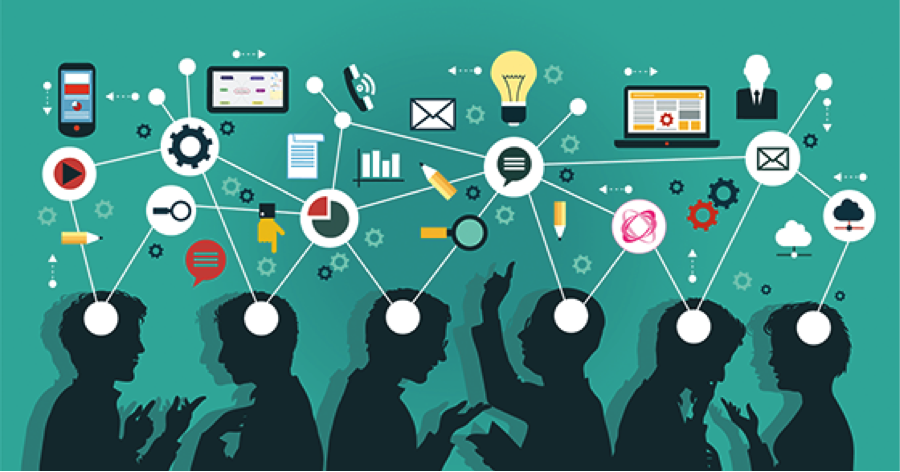The war on our personal data and privacy can feel a little like tossing pails of water out of a sinking ship. While we will continue to do our best to keep the ship afloat, younger generations (in fact, all generations) need help from industry leaders, governments and educators to provide a greater focus to improving digital literacy so that as a society, we don’t continue to build boats with holes in them.

There has been a push over the past few years by many governments around the globe to help improve their nation’s digital literacy. There are a range of programs available that cater to many different age groups and demographics. Digital literacy programs have never been more important with the recent shift in the education and work environments for many as a result of the Covid-19 global pandemic. So what do these digital literacy programs offer, and more importantly, will they have the desired results? Teaching people of all ages how to use technology is without doubt incredibly valuable but are we arming them with the necessary tools to fundamentally understand the implications of technology use?
Understanding how to navigate and live in the digital world is imperative to our personal and professional lives. Whether you seek to develop a career in the coding and development of programs, games or apps or simply want to understand how to take photos of your grandchildren and share them with your neighbour, improving digital literacy at all ages will help to achieve those goals.
“The Ministry of Communication and Informatics has targeted that by the end of 2024, as many as 50 million Indonesians will have received the basic level of digital literacy training” [1]
The Canadian government through the Digital Literacy Exchange Program has been investing in initiatives that teach fundamental digital literacy skills to Canadians who would benefit from participating in the digital economy. Since 2018, the [2] Digital Literacy Exchange Program has invested over $29.5 million dollars into this program.
Other fantastic examples include the Indonesian government’s recent announcement that the Ministry of Communication and Informatics had implemented their digital literacy program for around 12.5 million Indonesian people. Further to this, the Ministry has a lofty target that by the end of 2024, as many as 50 million Indonesians will have received the basic level of digital literacy training. The Ministry’s program also seeks to improve digital skills, digital ethics, digital culture and digital security through the delivery of their program.
Some publicly funded digital literacy programs also seek to provide access to technology in low socioeconomic areas to assist with the ongoing education and upskilling of willing participants. Many programs are government funded but also require support from the private sector to enable equitable access to technology for all.
One of the most important elements of digital literacy is to provide understanding and education on data use, security and privacy. Media Smarts, a Canadian organization, provides educational programs in this area centered around three main principles; use, understand and create. The Media Smarts site further categorizes their learning offerings into areas such as Ethics and Empathy, Privacy, Digital Health, Consumer Awareness and many more.
Providing relevant and meaningful education to everyone is paramount to improving our online experiences and keeping the internet free and accessible to all. Understanding what data is, how and where you “leave” your data (online), where your data can be accessed and how your data is used are lessons that we should all be committed to understanding more about. Are devices such as Apple’s iPhone, who claim to put our consumer privacy interests at the forefront of Apple’s technology, having the reverse effect on our understanding of data usage? Is there a “safety blanket” feeling that your data and online activity is protected by Apple’s technology so you don’t need to worry about understanding it?
It’s time to stop reaching for the pail everytime a new technology threat reaches consumers. Whether the threat is from cyber attacks or the further exploitation of our data by big tech; the time has come for us to build better ships.
_________________________________________________________________________
[1] AntaraNews.com 2021 https://en.antaranews.com/news/206953/govt-continues-to-bolster-efforts-to-boost-peoples-digital-literacy
[2] Government of Canada, Digital Literacy Exchange Program 2019 https://ised-isde.canada.ca/site/digital-literacy-exchange-program/en
References:
https://ised-isde.canada.ca/site/digital-literacy-exchange-program/en
https://medium.com/decodein/digital-literacy-ftw-607cb69322a7